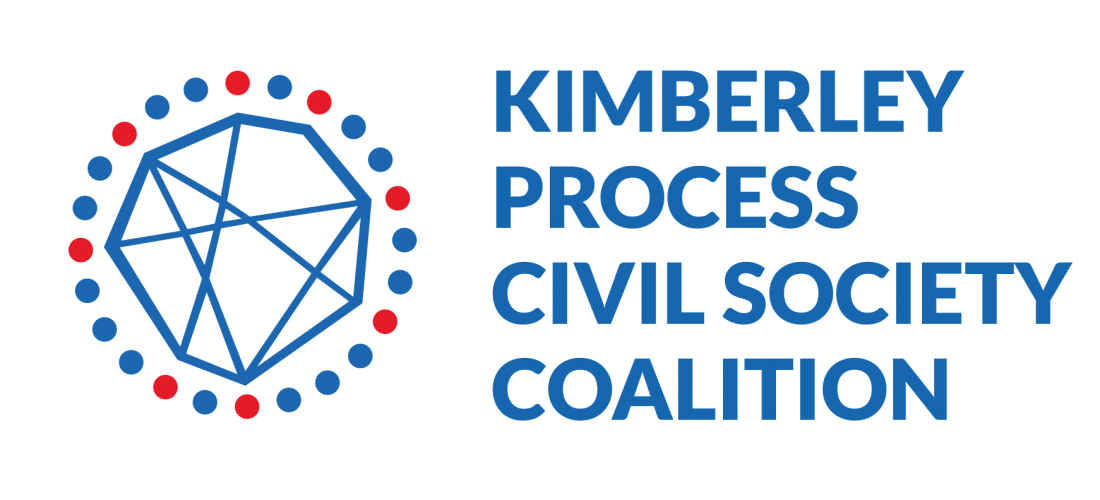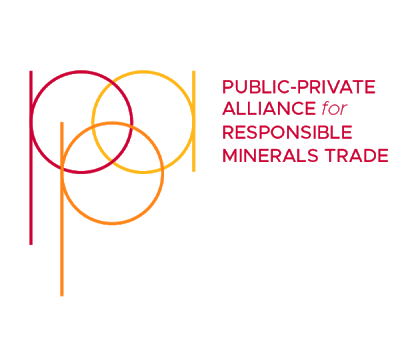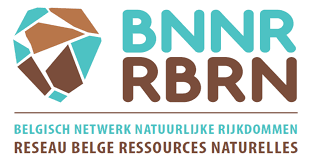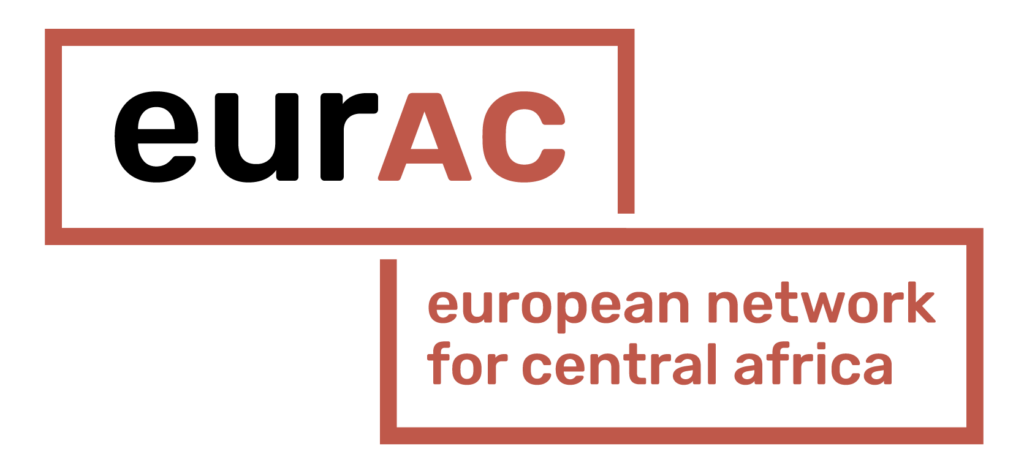Kimberley Process Civil Society Coalition (KP CSC)

IPIS is a member of the Kimberley Process Civil Society Coalition (KP CSC). Representing communities affected by diamond mining and trade, the KP CSC strives to improve diamond sector governance. The local and regional expertise of the members enables the KP CSC to follow up on responsible diamond sourcing on the ground and articulate a grassroots perspective on the diamond sector at national, regional and international fora. The Coalition includes representatives from Belgium, Cameroon, Democratic Republic of Congo, Guinea, Ivory Coast, Liberia, Lesotho, Sierra Leone and Zimbabwe.
Over the last couple of years, the KP CSC has repeatedly voiced its concerns on the functioning of the Kimberley Process. With the Kimberley Process Civil Society Coalition, IPIS has been calling for meaningful reforms, both on the scope of the definition of conflict diamonds and the internal controls on governments to ensure a clean, conflict-free and legal diamond supply.
Building on the exchange between members on the realities on the ground and given the information available in media and CSO reports, the Coalition decided to reach out to both industry and governments (KP Participants) with a comprehensive report on diamond related violence and human rights abuses. The Coalition’s report Real Care is Rare. An On-The-Ground Perspective on Blood Diamonds and the Fifth ‘C’, highlights the existence of modern-day blood diamonds due to ongoing ties between diamonds and brutal human rights abuse in certain diamond mining locales on the African continent and beyond.
The report, issued by the Kimberley Process Civil Society Coalition, points out that the Kimberley Process only intervenes where rough diamonds are exploited by rebels to fight governments, leaving diamonds tainted by other types of violence or conflict to flow onto the global market certified ‘conflict free’. The report was an integral part of awareness raising and advocacy to feed into the reform discussion. The report was first presented to a limited audience at a side event of the OECD.
European Partnership for Responsible Minerals (EPRM)
The European Partnership for Responsible Minerals (EPRM) is a multi-stakeholder partnership with industry, governments and civil society. It was established in 2016 to increase the demand for responsibly sourced 3TG minerals from conflict and risk affected countries and to create better social and economic conditions for mine workers and local mining communities. IPIS is one of the founding members of the EPRM. Participation in the EPRM is voluntary and is open to EU and non-EU member states, civil society and companies.
Within the EPRM, IPIS acts as focal point and liaison between the EPRM and civil society that are not in the EPRM.
As a member of the Knowledge Portal Working Group IPIS was closely involved in the development of the EPRM Knowledge Portal. This portal provides links to a wide range of freely-available tools and guidance documents for due diligence to help companies to source minerals and metals responsibly in line with OECD due diligence guidance.

Public Private Alliance for Responsible Minerals Trade (PPA)

PPA is a multi-sector, multi-stakeholder initiative that works to improve due diligence and governance systems needed for ethical mineral supply chains in the Great Lakes region of Central Africa. It responds to the global call for action to break the link between the illicit minerals trade and violence, human rights abuses and rebel groups, and to support projects and dialogue to improve the due diligence and governance systems needed for responsible minerals sourcing and trade.
IPIS is a member of PPA and sat on the PPA’s board in 2019. As a representative of NGOs and CSOs, and as expert in the upstream supply chain of minerals, IPIS plays an important role in ensuring that policies, projects and objectives of the PPA are realistic and positively impact the miners on the ground.
Réseau Belge des Ressources Naturelles (RBRN-BNNR)
The Belgian Network of Natural Resources aims to be a place of exchange and consultation for Belgian associations working to improve the management of natural resources in the South.

European Network for Central Africa (EurAc)

The European Network for Central Africa (EurAc), created in 2003, aims to help the Great Lakes region build a better future. EurAc carries out advocacy work for a strong, coherent and sustainable engagement by the European Union and its Member States integrated to a regional approach.
Participation to the OECD Forum on Responsible Minerals
On an yearly basis, IPIS takes part in the OECD Forums on Responsible Mineral Supply Chain. These meetings provide the opportunity to review and discuss the implementation of the OECD Due Diligence Guidance for Minerals and to present IPIS’s findings to a wide audience.


